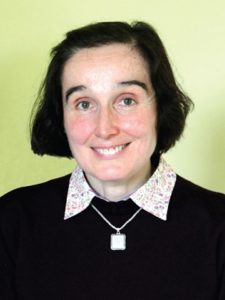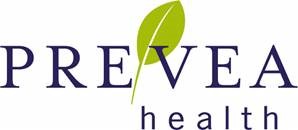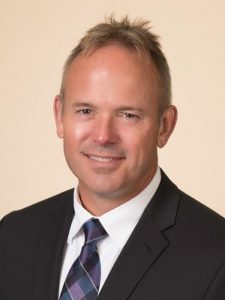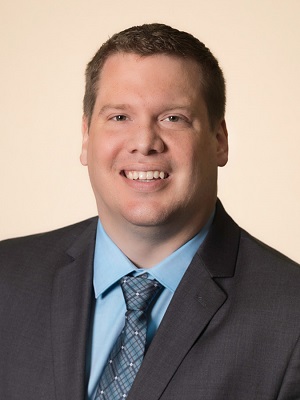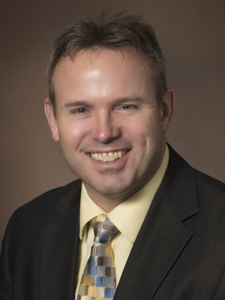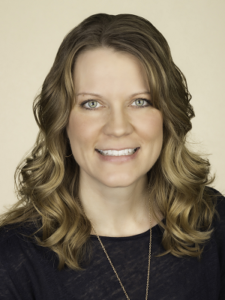Hospital Sisters Health System (HSHS), which has four hospitals in Northeast Wisconsin, has received a 2018 Most Wired award for the second consecutive year from the College of Healthcare Information Management Executives (CHIME). Hospital Sisters Health System’s Northeast Wisconsin locations include: HSHS St. Vincent Hospital and HSHS St. Mary’s Hospital Medical Center in Green Bay; HSHS St. Nicholas Hospital in Sheboygan; and HSHS St. Clare Memorial Hospital in Oconto Falls.
Hospitals and health systems at the forefront of using health care IT to improve the delivery of care have maximized the benefits of foundational technologies and are embracing new technologies that support population management and value-based care. The most successful organizations not only adopt technology but apply it strategically to achieve great outcomes, according to an analysis of the CHIME HealthCare’s Most Wired survey results.
HealthCare’s Most Wired, now in its 20th year, traditionally tracked the adoption of health care IT in hospitals and health systems. CHIME took over the Most Wired program and revised the survey questions and methodology this year to highlight strengths and gaps in the industry. The goal is to identify best practices and promote the strategic use of health care IT to elevate the health and care of communities around the world.
In addition to designating HSHS for 2018 Most Wired recognition, CHIME made a report based on an analysis of survey results available today.
“We’re proud that our innovative and knowledgeable IT team at HSHS is always taking steps to bring more advanced technology to our patients in clinics and hospitals,” said Mary Starmann-Harrison, HSHS President and CEO. “We have integrated technology into every part of our health system, from patient care to administrative operations. We are honored to have received this recognition twice.”
The report found two key areas that emerged in 2018: the use of foundational technologies such as integration, interoperability, security and disaster recovery; and the use of transformational technologies to support population health management, value-based care, patient engagement and telehealth. These foundational pieces need to be in place for an organization to leverage tools to effectively transform health care.
“Healthcare IT has the potential to revolutionize care around the world, but to meet that potential it must be used strategically,” said Russell Branzell, CHIME President and CEO. “The technology is important, but leadership and a strategic vision are equally important. The diversity of the organizations that earned Most Wired status this year shows quality care can be achieved almost anywhere under the right leadership. By sharing the best practices in Most Wired, we hope quality care will one day be available everywhere.”
The report findings fell into the two categories of foundational and transformational technologies.
Highlights under foundational technologies include:
- 94 percent of participants used integrated clinical application suites and 86 percent used remote published applications.
- About three-fourths send blood glucose, bedside blood pressure, bedside pulse oximetry and EKG data directly to the EHR but only 25 percent send data directly from IV pumps and 10 percent from in-bed scale.
- Almost all physicians have electronic access to the EHR and other resources but only half have access to these resources using mobile applications.
- 94 percent can consume data in some form from a Continuity of Care Document (CCD) and 97 percent can contribute to a CCD but only 60 percent can consume discrete data with a home health agency or a skilled nursing home.
- Only 29 percent report having a comprehensive security program in place.
- Nearly all use firewalls, dispose devices containing personal health information properly and secure mobile devices with passwords but many lack other fundamental authentication and safeguarding procedures.
- 68 percent believe they could restore operations within 24 hours if a disaster caused complete loss of their primary data center.
Highlights under transformational technologies include:
- 76 percent can perform retroactive analysis for care improvement and cost reduction but only 43 percent can manage bundled payments or do real-time identification and tracking of value-based care conditions.
- 57 percent use clinical and billing data as well as health information exchanges to identify gaps in care.
- Most provider organizations’ population health strategies target diseases such as chronic obstructive pulmonary disease, congestive heart failure, heart disease and hypertension but few target behavioral health, sickle cell anemia and end-stage renal disease.
- For patient engagement, 81 percent report capabilities like email and more than half offer satisfaction surveys; 67 percent offer secure email exchange with a member of home care team and 38 percent offer virtual patient visits.
- Most offer conveniences such as requesting a prescription renewal or paying a bill through a patient portal; 90 percent offer a mobile patient portal; and nearly all offer access to test results and visit summaries.
- 89 percent offer some form of telehealth service, but few offer focused telehealth services such as genetic counseling or rehabilitation.
- About half use ePrescribing for controlled substances and 48 percent have their ePrescribing module connected to a prescription drug monitoring program.
In recent years, HSHS has made a concerted effort to leverage technology to give patients several treatment options, which is especially critical in small, rural communities when seconds count. For instance, the Telestroke programs at HSHS St. Nicholas Hospital and HSHS St. Clare Memorial Hospital provide quick access to neurology specialists that may be more than 100 miles away.
“Our technology initiatives have strived to focus on patient-centered and patient-first care,” Dr. Ray Gensinger, HSHS Chief Information Officer, said. “Technologies have enabled us to serve patients and deliver safer, high-quality health care like never before. Our efforts are cost-effective and convenient for the patients and care providers.”
CHIME is an executive organization with more than 2,700 members in 51 countries and over 150 healthcare IT business partners and professional services firms. For more information, please visit chimecentral.org


